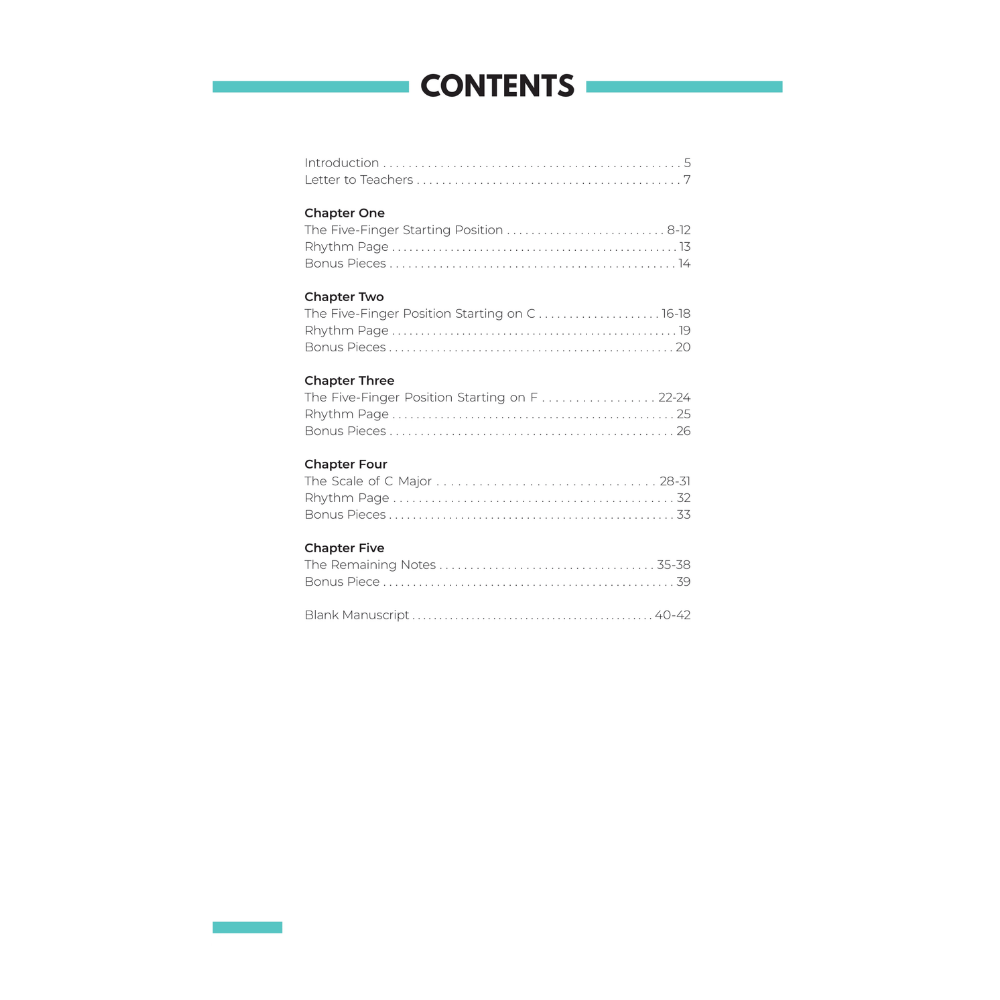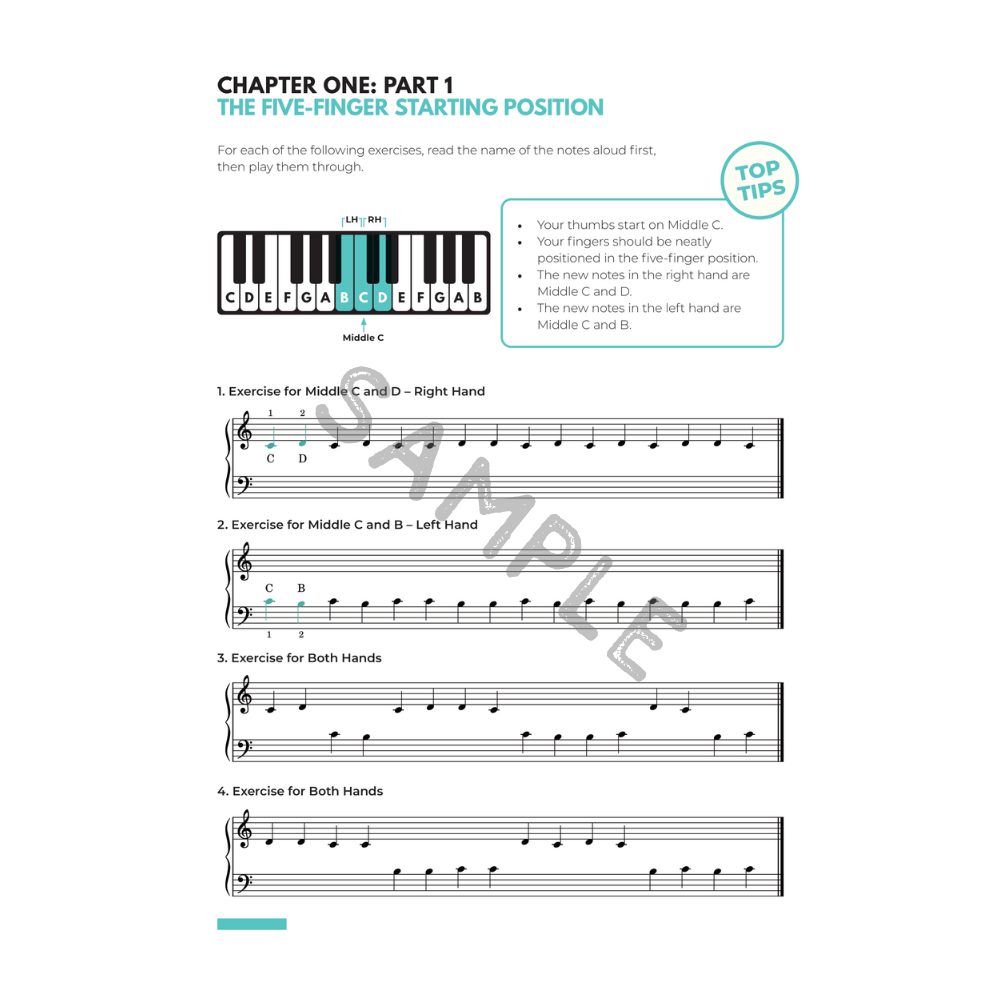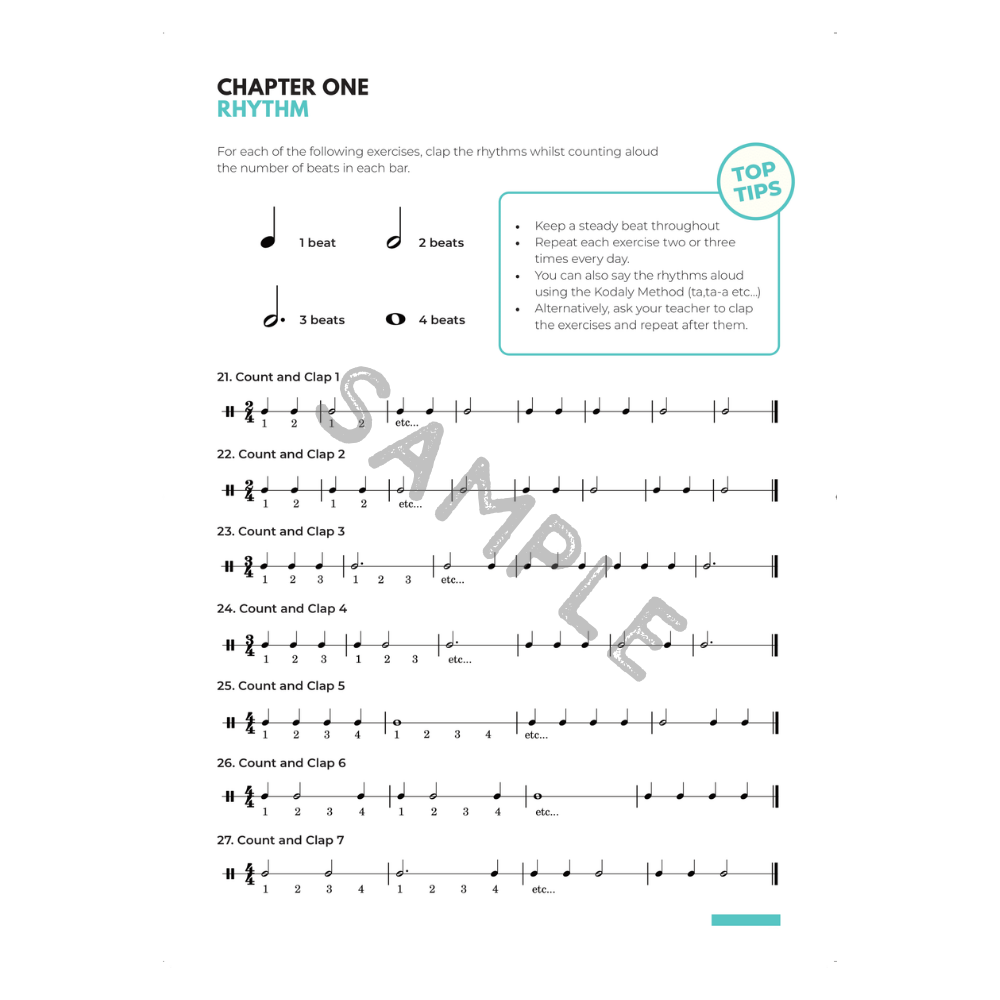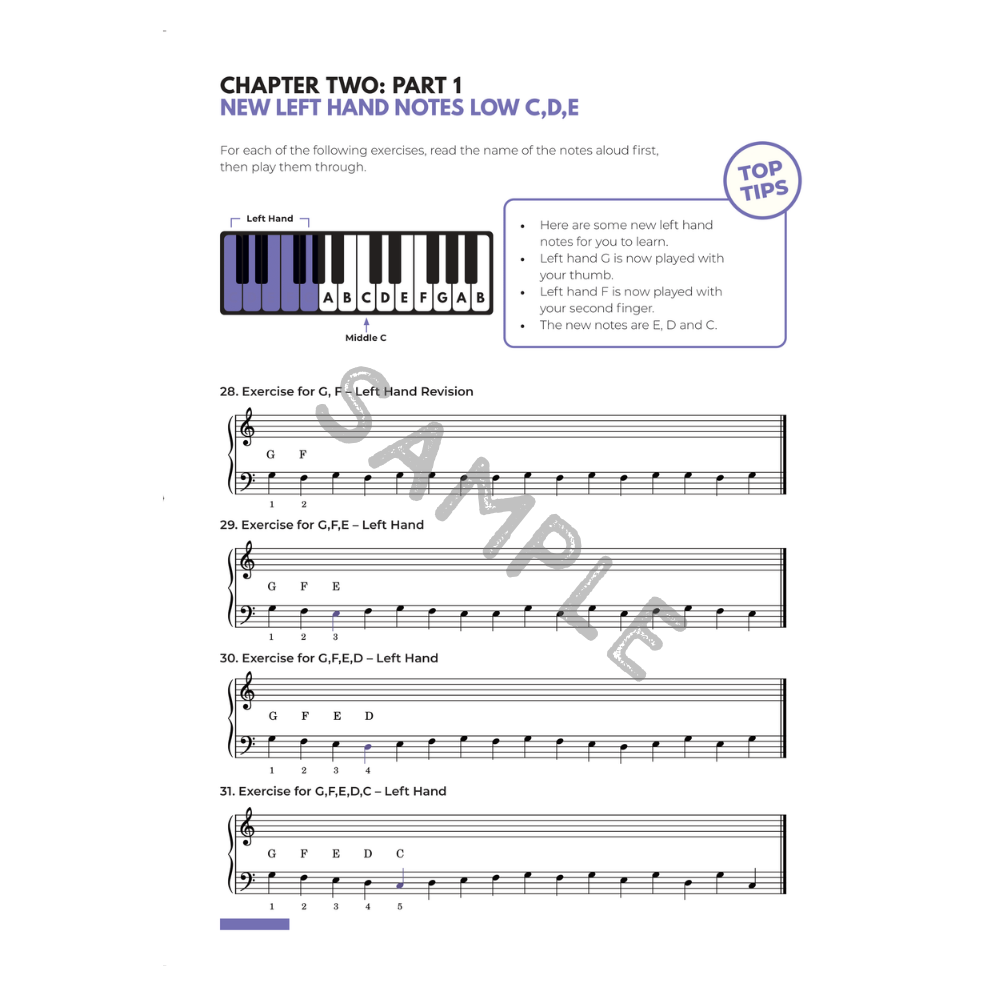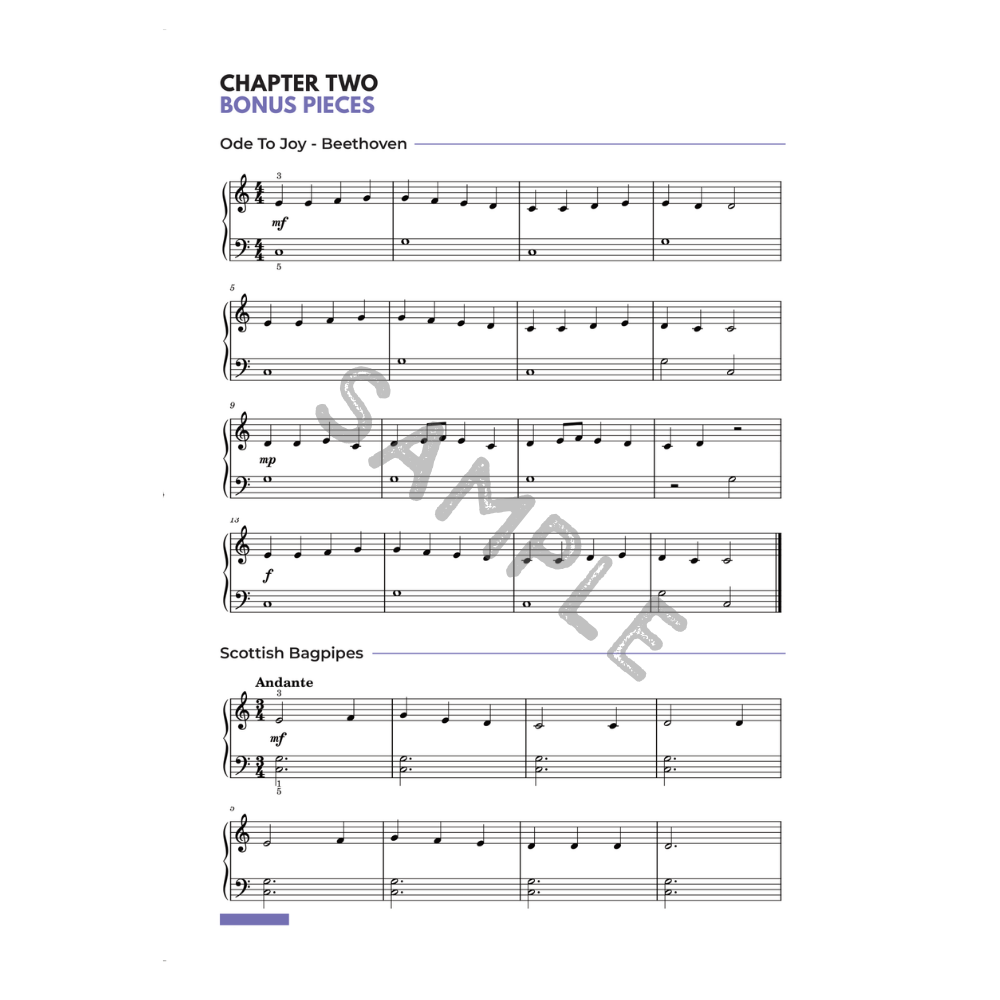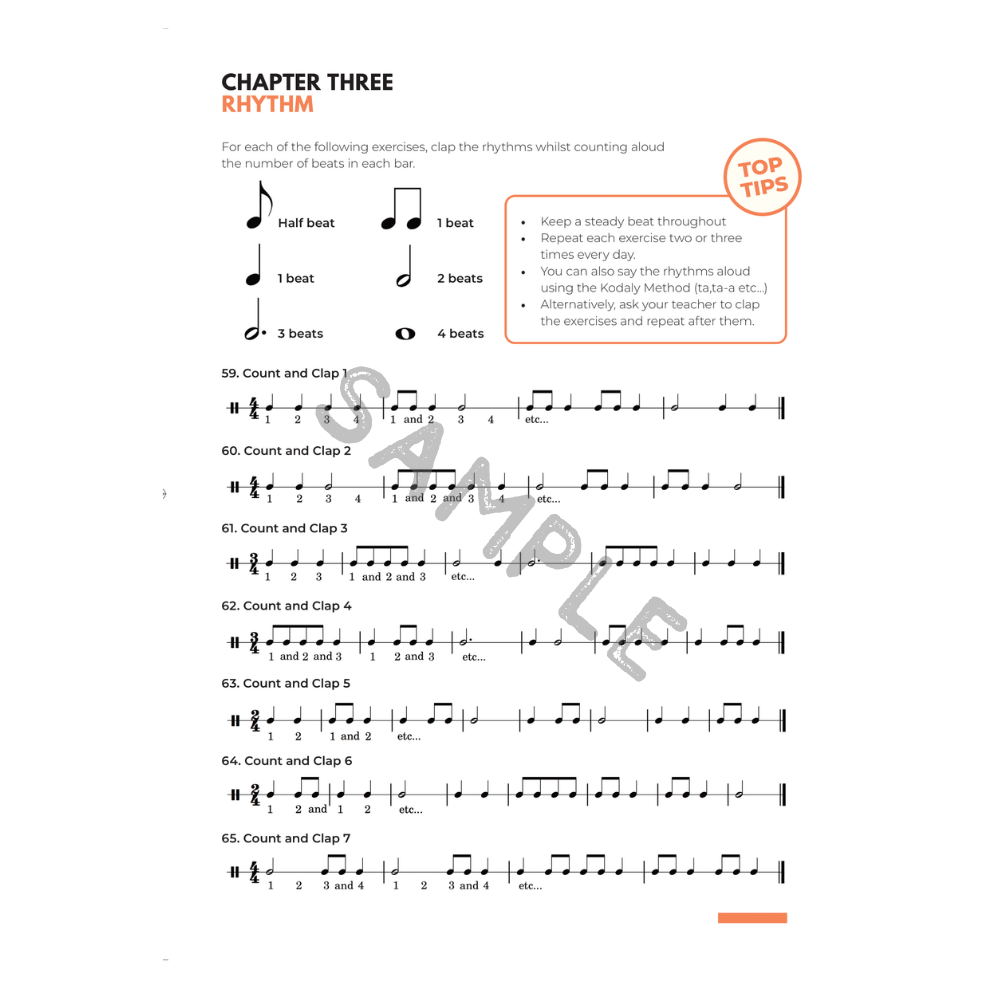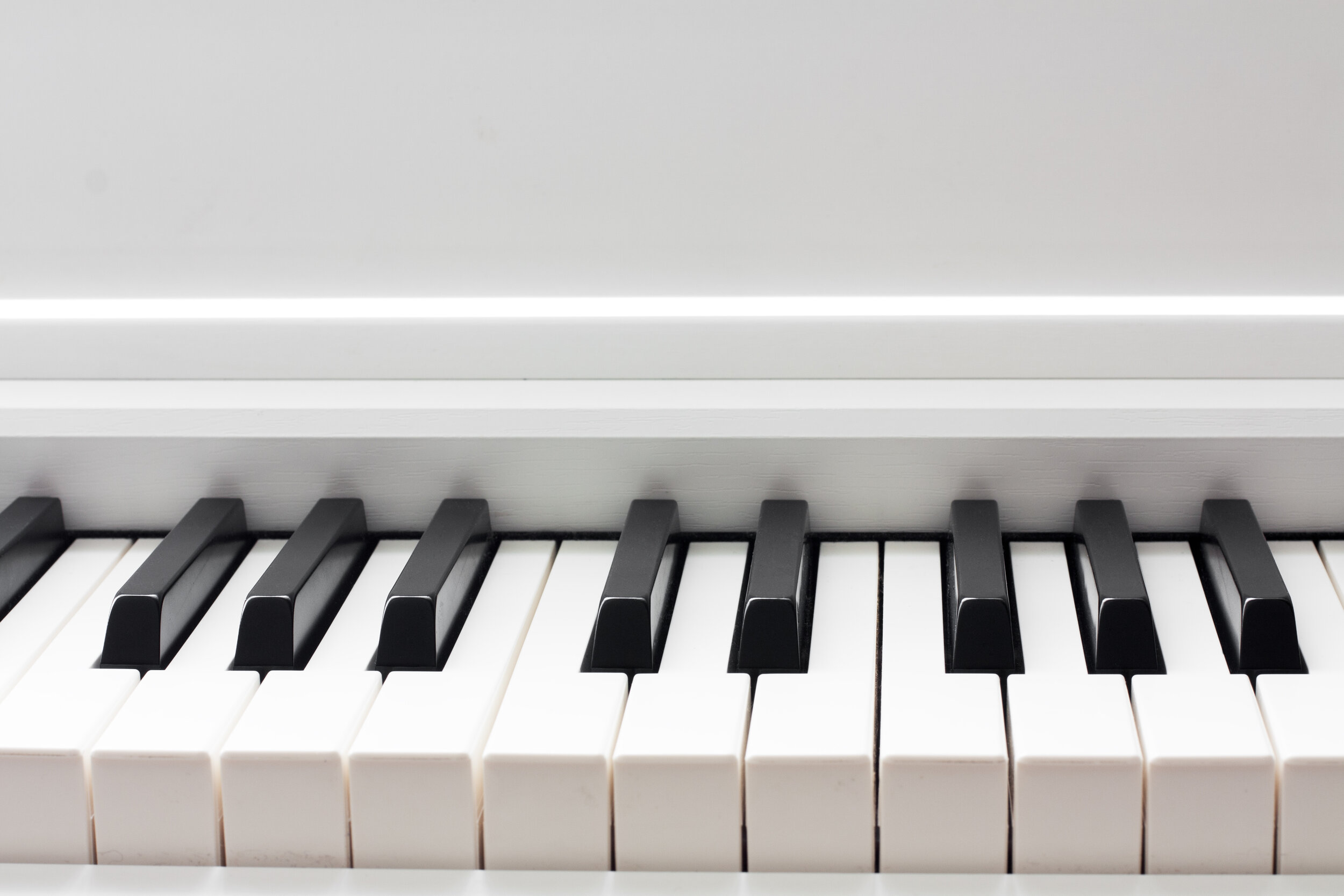
An essential method for aspiring pianists.
A book designed to take pianists and keyboard players, on a step-by-step journey to
reading music fluently..
About Daily Drills
“The perfect companion to the piano methods on the market.”
A note to teachers
Have your students always struggled with note reading, whatever piano tutorial you use?
Do they still use mnemonics such as F-A-C-E or All Cows Eat Grass after years of playing?
Whilst the tutorial books on the market are full of pretty pictures and exciting drawings, they only contain a few notes per page. The answer is a couple of exercises from Daily Drills every day. This will add a more scholastic touch to their learning and their note reading will improve dramatically.
This volume should be used in parallel to the piano tutorial books you typically use. Details such as articulations and dynamics are added gradually throughout the book, but are not always fully explained, leaving the teachers free to explain as much or as little as they wish.
Use this book every lesson for five minutes, ideally from the very first few lessons (although it can also be used to consolidate notes already learnt with more advanced students)..
A note to students
This book should give you all the tools you need to read notes and rhythms fluently. With a little bit of determination, it should not take long to achieve your goals. First of all, remember that practising EVERY DAY is key to success. These practice sessions do not need to be long, but they DO need to be regular. Your brain can remember notes and rhythms more efficiently if you practise little and often. Practising only once or twice a week will never be enough to learn an instrument properly, so make it part of your routine if you want to get the best results.
What’s in the book?
Starting on middle C and introducing only a few notes at a time, thoroughly reinforcing them with a variety of drills and clear illustrations, this method helps beginners and more advanced pianists overcome these challenges and progress on their instruments.
“Daily Drills” also uses many favourites from the classical repertoire to provide a fun and stimulating learning experience, including: Beethoven’s Ode To Joy, Rossini’s William Tell Overture, nursery rhymes and even several original pieces.
